Russia, the largest country in the world, occupies one-tenth of all the land on Earth.
Russia, the largest country in the world, occupies one-tenth of all the land on Earth . It spans 11 time zones across two continents (Europe and Asia) and has coasts on three oceans (the Atlantic, Pacific, and Arctic).
The Russian landscape varies from desert to frozen coastline, tall mountains to giant marshes. Much of Russia is made up of rolling, treeless plains called steppes. Siberia, which occupies three-quarters of Russia, is dominated by sprawling pine forests called taigas.
Russia has about 100,000 rivers, including some of the longest and most powerful in the world. It also has many lakes, including Europe's two largest: Ladoga and Onega. Lake Baikal in Siberia contains more water than any other lake on Earth.

PEOPLE & CULTURE
There are about 120 ethnic groups in Russia who speak more than a hundred languages. Roughly 80 percent of Russians trace their ancestry to the Slavs who settled in the country 1,500 years ago. Other major groups include Tatars, who came with the Mongol invaders, and Ukrainians.
Russia is known all over the world for its thinkers and artists, including writers like Leo Tolstoy and Fyodor Dostoevsky, composers such as Pyotr Ilyich Tchaikovsky, and ballet dancers including Rudolf Nureyev.
As big as Russia is, it's no surprise that it is home to a large number of ecosystems and species. Its forests, steppes, and tundras provide habitat for many rare animals, including Asiatic black bears, snow leopards , polar bears , and small, rabbit-like mammals called pikas.
Russia's first national parks were set up in the 19th century, but decades of unregulated pollution have taken a toll on many of the country's wild places. Currently, about one percent of Russia's land area is protected in preserves, known as zapovedniks.
Russia's most famous animal species is the Siberian tiger , the largest cat in the world. Indigenous to the forests of eastern Russia, these endangered giants can be 10 feet (3 meters) long, not including their tail, and weigh up to 600 pounds (300 kilograms).
GOVERNMENT & ECONOMY
Russia's history as a democracy is short. The country's first election, in 1917, was quickly reversed by the Bolsheviks, and it wasn't until the 1991 election of Boris Yeltsin that democracy took hold.
Russia is a federation of 86 republics, provinces, territories, and districts, all controlled by the government in Moscow. The head of state is a president elected by the people. The economy is based on a vast supply of natural resources, including oil, coal, iron ore, gold, and aluminum.
The earliest human settlements in Russia arrived around A.D. 500, as Scandinavians (what is now Norway , Denmark , and Sweden ) moved south to areas around the upper Volga River. These settlers mixed with Slavs from the west and built a fortress that would eventually become the Ukrainian city of Kiev.
Kiev evolved into an empire that ruled most of European Russia for 200 years, then broke up into Ukraine , Belarus, and Muscovy. Muscovy's capital, Moscow, remained a small trading post until the 13th century, when Mongol invaders from central Asia drove people to settle in Moscow.
In the 1550s, Muscovite ruler Ivan IV became Russia's first tsar, or emperor, after driving the Mongols out of Kiev and unifying the region. In 1682, 10-year-old Peter the Great and his older brother, Ivan, both became tsar (though Peter’s aunt and Ivan’s mother, Sophia, was in charge). Soon after, Sophia was overthrown, and Peter was considered by most to be the real tsar, though he allowed his brother to keep his official position. For 42 years, Peter worked to make Russia more modern and more European.
In 1762, Peter took a trip to Germany , and his wife, Catherine, named herself the sole ruler of Russia. Just six months later the tsar died—perhaps on his wife’s orders. Now known as Catherine the Great, the empress continued to modernize Russia; supported arts and culture; and expanded its territory, claiming Ukraine, Crimea, Poland, and other places. She ruled for 34 years.
In 1917, Russians unhappy with their leadership overthrew Tsar Nicholas II and formed an elected government. Just a few months later, though, a communist group called the Bolsheviks seized power. Their leader, Vladimir Lenin, created the Union of Soviet Socialist Republics (U.S.S.R., or the Soviet Union) uniting Russia and 11 other countries.
The Soviet Union fought on the side of the United States in World War II, but relations between the two powers and their allies became strained soon after the war ended in 1945. The United States and many of its allies were worried about the spread of communism, the type of government the Soviet Union was. (In a communist society, all property is public and people share the wealth that they create.)
These concerns led to the Cold War, a long period of tensions between the Soviet Union and the United States. That ended in 1991 when the Soviet Union broke up after many of its republics—such as Ukraine, Lithuania, and Estonia—decided they didn’t want to be part of the communist country anymore.
Watch "Destination World"
North america, south america, more to explore, u.s. states and territories facts and photos, destination world.
- Terms of Use
- Privacy Policy
- Your California Privacy Rights
- Children's Online Privacy Policy
- Interest-Based Ads
- About Nielsen Measurement
- Do Not Sell My Info
- National Geographic
- National Geographic Education
- Shop Nat Geo
- Customer Service
- Manage Your Subscription
Copyright © 1996-2015 National Geographic Society Copyright © 2015-2024 National Geographic Partners, LLC. All rights reserved

Explore the fascinating essence of Russia through our exclusive collection of PowerPoint templates, Canva and Google Slides themes. Each slide invites you on a visual journey through the grandeur and diversity of this country, from the imposing walls of the Kremlin to the most remote corners of the Kamchatka region. Our templates capture not only the rich history and majestic architecture, but also the varied beauty of its landscapes, from the canals of St. Petersburg to the endless forests of the north. This is your destination for inspirational designs about Russia.
Thanks to our innovative templates, you can get closer to Russian traditions, culture and celebrations. Relive historical moments, share recipes of its gastronomy or showcase its war power with these educational resources available for you. Each presentation becomes an opportunity to explore and share the unique diversity of this country, creating a visual impact that goes beyond words. Immerse yourself in the world of Russia with our 100% editable templates, ready for free download.
Free Russia Templates for PowerPoint and Google Slides
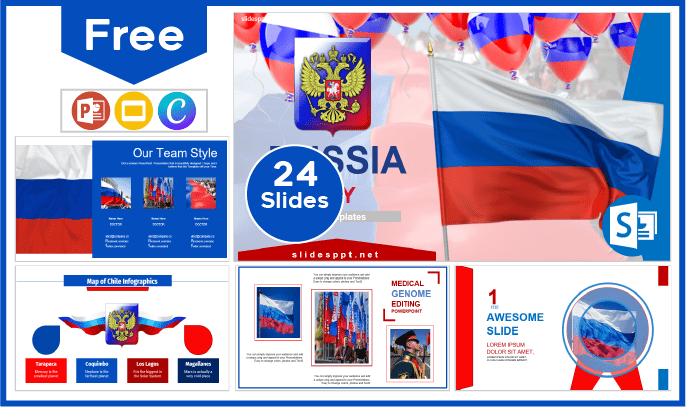
Russia Day Template
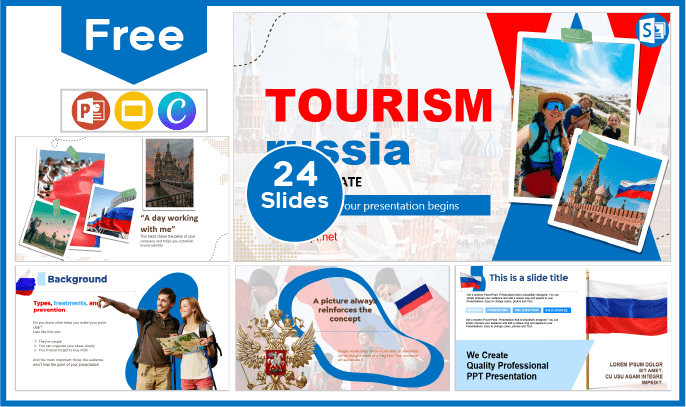
Russia Tourism Template

Russian Gastronomy Template
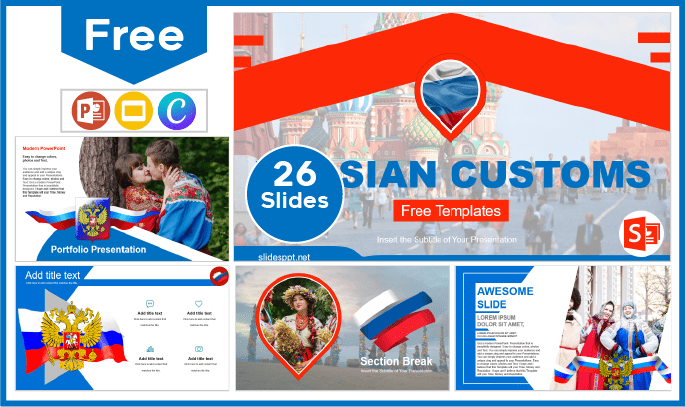
Russian Customs Template
We use cookies to improve the experience of everyone who browses our website. Cookies Policy
Accept Cookies
Got any suggestions?
We want to hear from you! Send us a message and help improve Slidesgo
Top searches
Trending searches
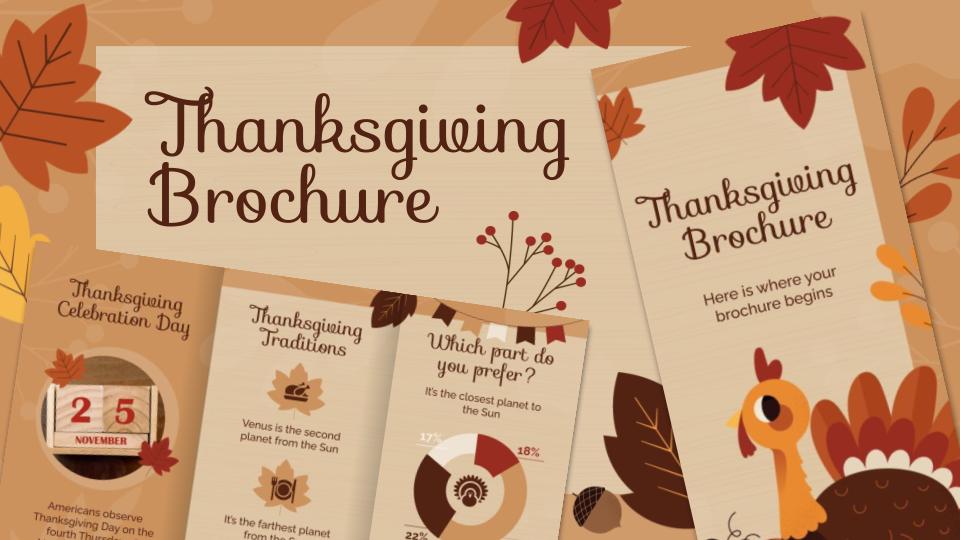
thankgiving
5 templates

94 templates
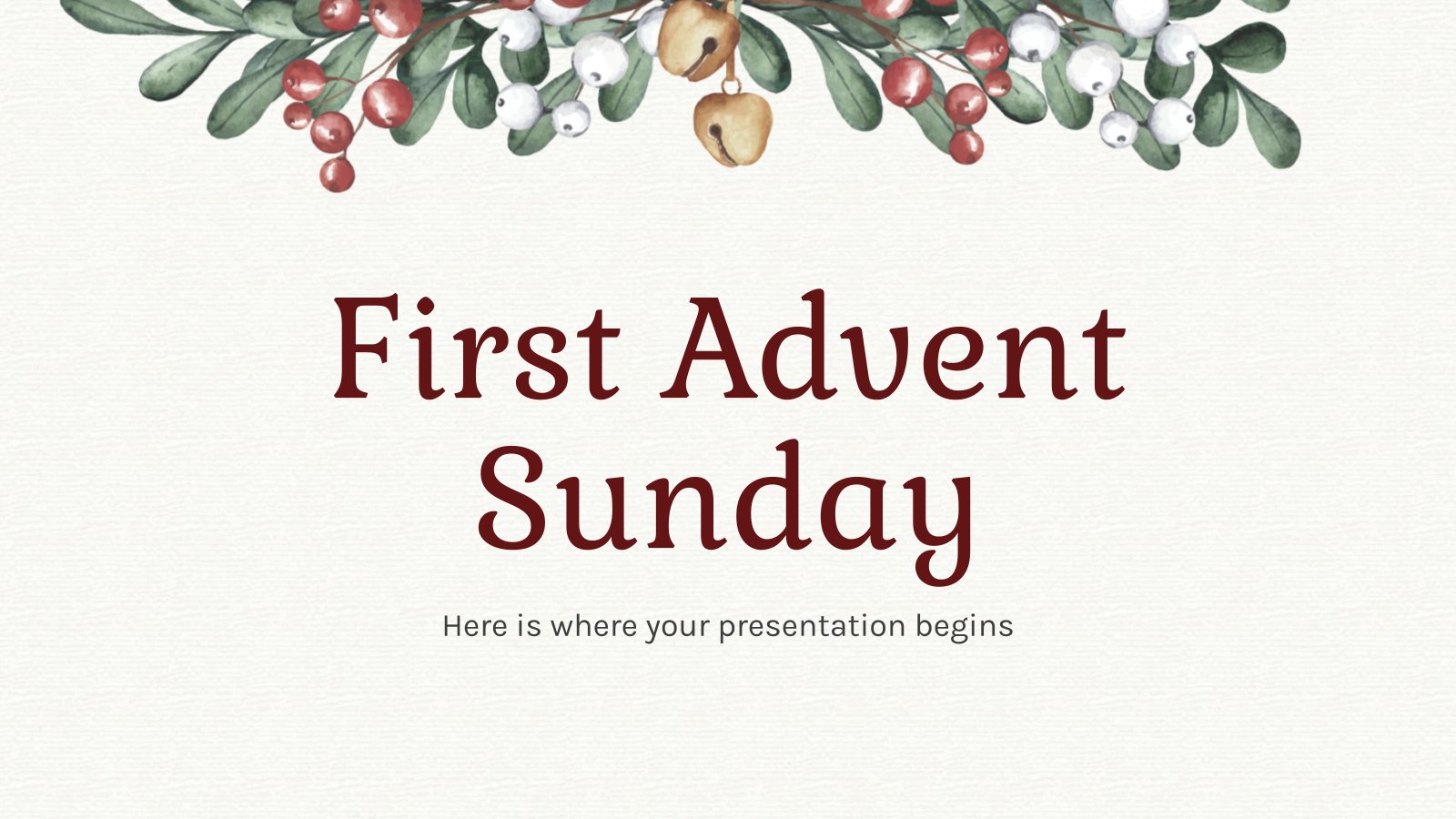
11 templates
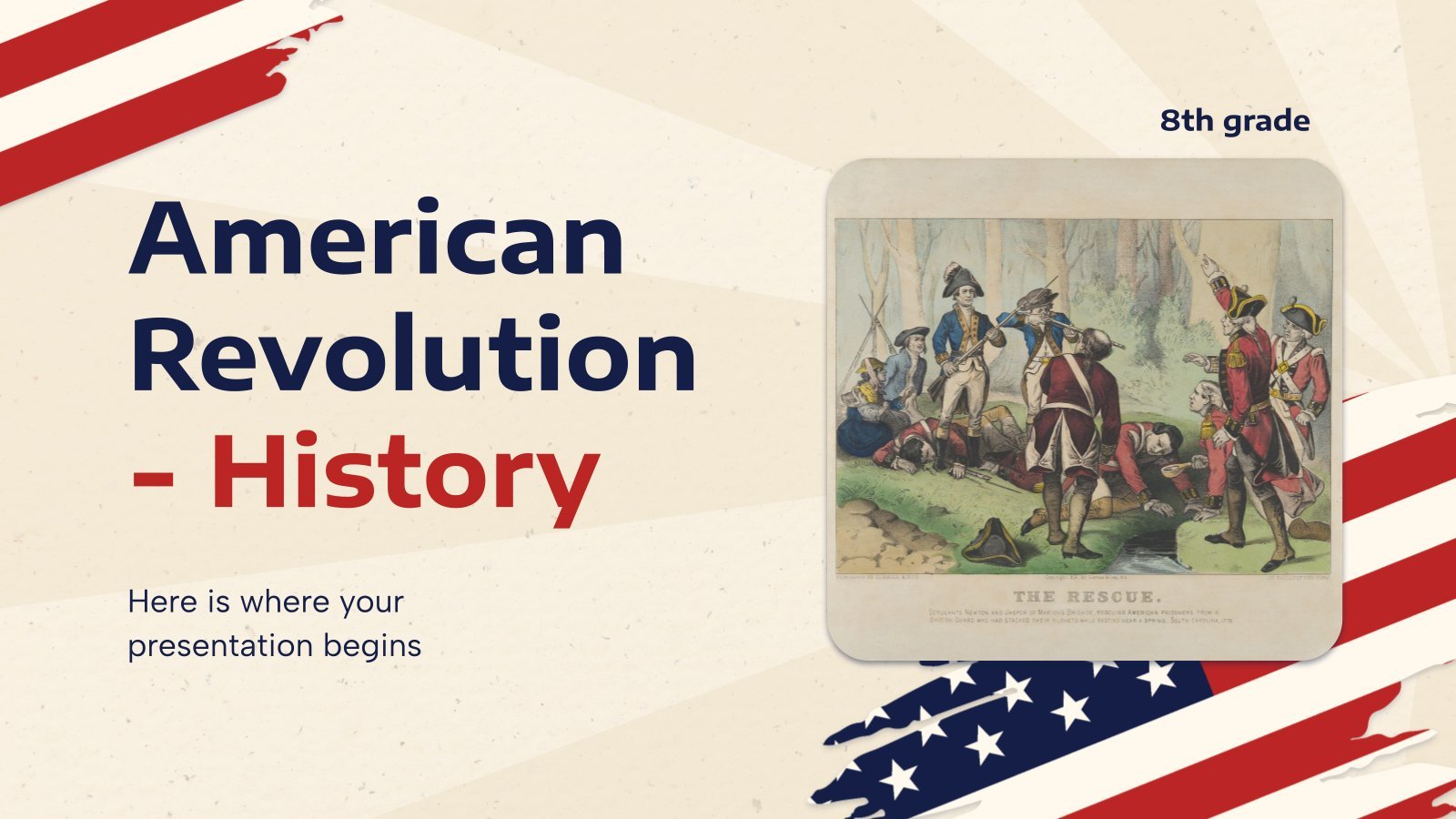
american history
85 templates

tropical island
31 templates

Map of Russia Infographics
It seems that you like this template, free google slides theme and powerpoint template.
We all know Russia for the cold weather and vodka. And the truth is that there is a lot to discover about this country, the largest of the world. These map infographics allow you to delve into Russian culture in a different and visual way. Its style is flat and linear, with a wide variety of text boxes, graphics and icons that will make it very easy for you to transmit the information to your audience, whether they are geography students or business people. Also, we have added region maps, because in such a huge nation, being able to highlight in color the areas you need to talk about is always helpful.
Features of these infographics
- 100% editable and easy to modify
- 30 different infographics to boost your presentations
- Include icons and Flaticon’s extension for further customization
- Designed to be used in Google Slides, Microsoft PowerPoint and Keynote
- 16:9 widescreen format suitable for all types of screens
- Include information about how to edit and customize your infographics
How can I use the infographics?
Am I free to use the templates?
How to attribute the infographics?
Attribution required If you are a free user, you must attribute Slidesgo by keeping the slide where the credits appear. How to attribute?

Register for free and start downloading now
Related posts on our blog.

How to Add, Duplicate, Move, Delete or Hide Slides in Google Slides

How to Change Layouts in PowerPoint

How to Change the Slide Size in Google Slides
Related presentations.

Premium template
Unlock this template and gain unlimited access


VIDEO
COMMENTS
Russia presentation. Russia is the largest country in the world with 142 million inhabitants. Its capital and largest city is Moscow with over 11 million people. Russia uses the ruble as its currency and has over 100 languages spoken, with Russian and Tartar being most common.
Russia is a federation of 86 republics, provinces, territories, and districts, all controlled by the government in Moscow. The head of state is a president elected by the people. The economy is...
Russia Day History and Origins Presentation. Premium Google Slides theme, PowerPoint template, and Canva presentation template. Russia Day is a national celebration held every June 12 to commemorate the Declaration of National Sovereignty of the Russian Federation in 1990.
This 37 slide Russia PowerPoint presentation provides an overview of Russia's history, geography, government, economy, and culture. Includes: Overview/Geography - 9 slides; Flag - 1 slide; History/Notable Leaders - 14 slides; Government - 3 slides; Economy - 2 slides; Culture - 3 slides; Miscellaneous - 4 slides
Russia is the largest country in the northern hemisphere, spanning 11 time zones. It has a population of around 150 million people, most of whom live in cities. The capital and largest city is Moscow.
Russia, country that stretches over a vast expanse of eastern Europe and northern Asia. Once the preeminent republic of the U.S.S.R., Russia became an independent country after the dissolution of the Soviet Union in December 1991. The capital of Russia is Moscow.
Present your students with an overview of Russia with this informational All About Russia PowerPoint & Google Slides for 3rd-5th Grade. It provides information and illustrations of Russia's flag, geography, culture, food, and school system.
Russia. Explore the fascinating essence of Russia through our exclusive collection of PowerPoint templates, Canva and Google Slides themes. Each slide invites you on a visual journey through the grandeur and diversity of this country, from the imposing walls of the Kremlin to the most remote corners of the Kamchatka region.
Wide variety of Russia map infographics to provide country data visually. Download this Google Slides and PowerPoint template.
This document provides an overview of Russian culture and business practices. It discusses key cultural concepts in Russia like collectivism, egalitarianism, and dusha (soul). It describes the hierarchical and collective decision-making structure typical of Russian companies.